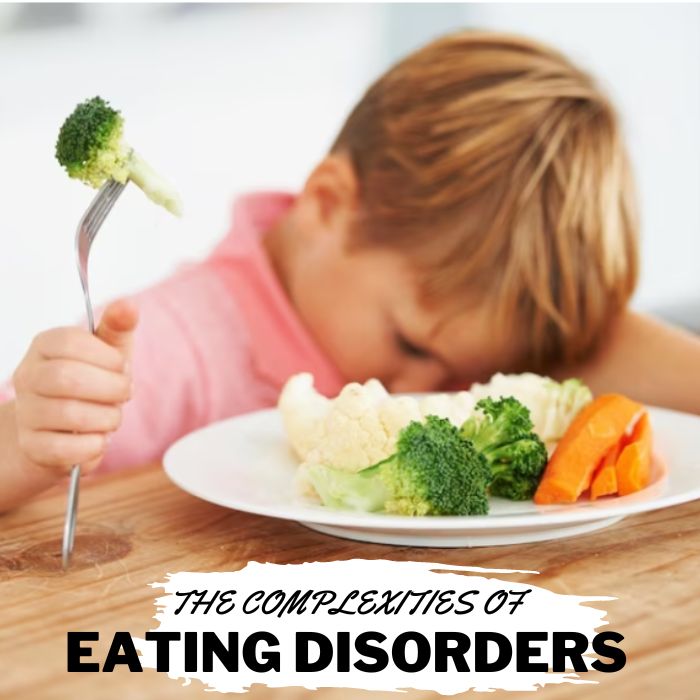Consult With Best Dietitian in Delhi Today!
Book an AppointmentChallenges Associated with Exchanges as an Eating Disorder Meal Plan

Eating disorders are complex mental health conditions that can be life-threatening. In the case of anorexia nervosa, bulimia nervosa, and binge-eating disorder, a meal plan is an essential part of treatment. Exchanges are a popular meal planning approach used by dietitians and nutritionists to help individuals with eating disorders meet their nutritional needs. However, exchanges are not without their challenges. In this blog, we will discuss some of the challenges associated with exchanges as an eating disorder meal plan.
Limited food choices
Exchanges require individuals to choose from a list of specific foods within each food group. While this approach can be helpful in ensuring adequate nutrient intake, it can also be limiting, especially for individuals with a history of rigid or restrictive eating patterns. It can also be challenging for individuals with food allergies, intolerances, or preferences to find suitable substitutions.
Difficulty in tracking and monitoring
Exchanges require individuals to track and monitor their food intake carefully. This approach can be time-consuming and tedious, leading to frustration and disengagement from the meal plan. Additionally, tracking and monitoring can trigger obsessive thoughts and behaviors in individuals with a history of eating disorders.
Overemphasis on numbers
Exchanges are based on a numerical system, with each food assigned a specific exchange value. This approach can reinforce the idea that food is simply a collection of numbers, rather than something to be enjoyed for its taste, texture, and social aspects. This emphasis on numbers can also lead to obsessiveness and compulsiveness in individuals with eating disorders.
Lack of flexibility
Exchanges are a structured meal plan that does not allow for much flexibility. This lack of flexibility can be challenging for individuals with changing schedules, travel plans, or social events. It can also be difficult for individuals who struggle with spontaneous or intuitive eating.
Risk of triggering behavior
Exchanges can be triggering for individuals with a history of eating disorders, especially those who struggle with rigidity or control. The emphasis on specific food choices and numerical values can trigger obsessive thoughts and behaviors, leading to further disordered eating patterns.
While exchanges can be a helpful tool in managing eating disorders, they are not without their challenges. Dietitians and nutritionists must consider the individual's history, preferences, and needs when developing a meal plan. It is crucial to maintain a collaborative and flexible approach to ensure the individual's success and long-term recovery.
Looking for professional diet consultation in Delhi? Look no further than Diets And More by Shreya Katyal. Our team of expert dietitians and nutritionists provides personalized online diet consultation and diet plan in Rajouri Garden and beyond. Contact us today to learn more.
